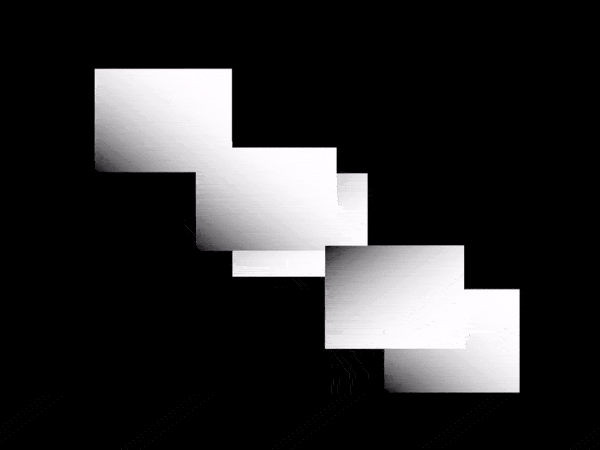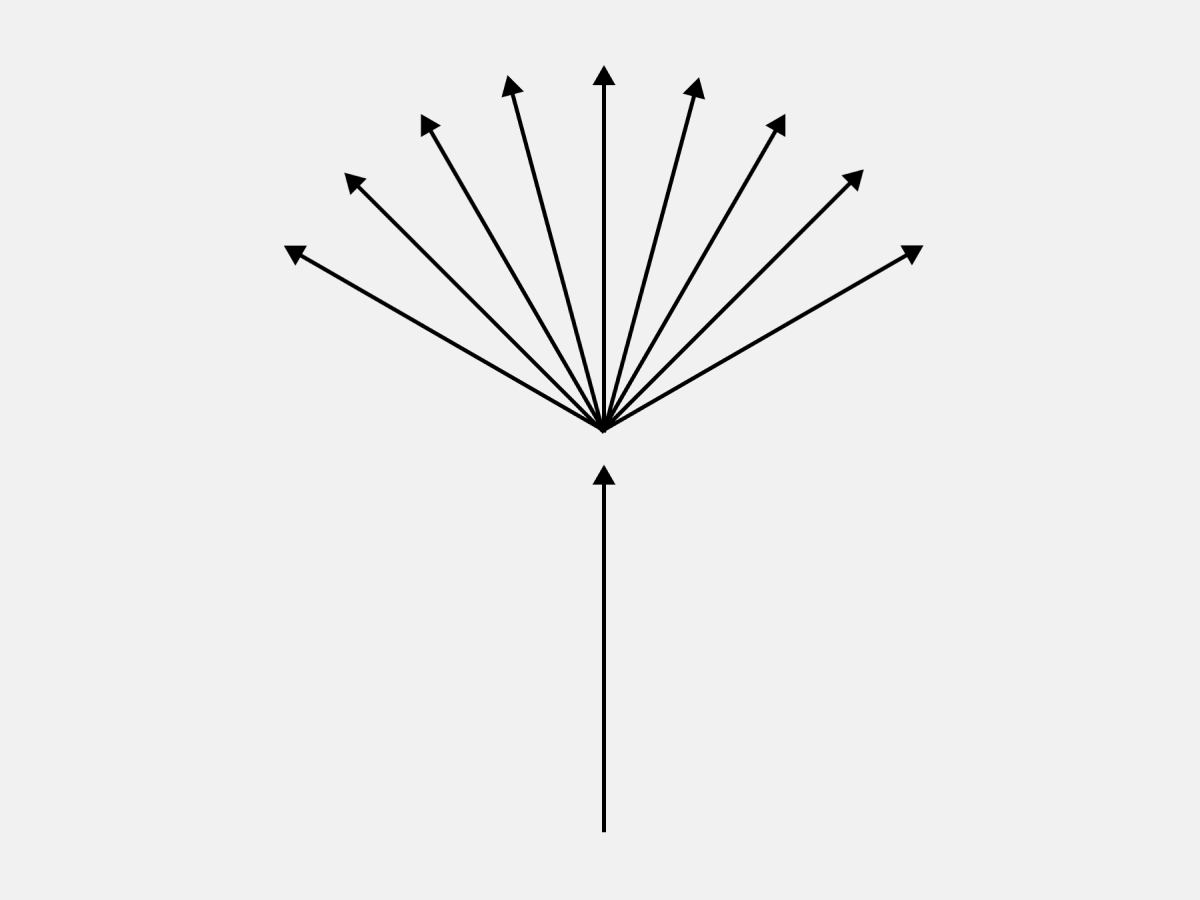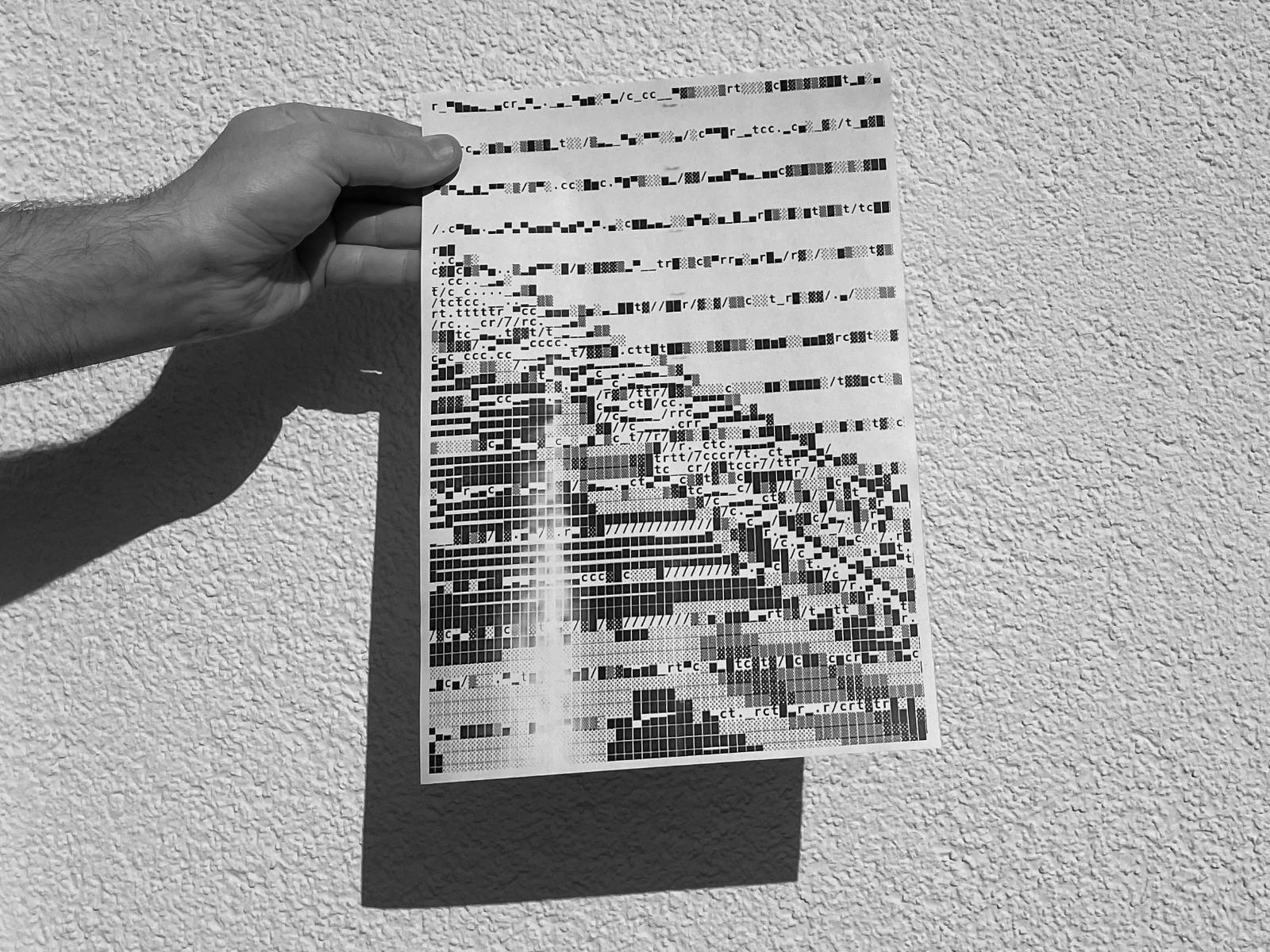A Call for Coding Designers

This is a call for coding designers. It aims to serve as a proposal and a provocation for creative work with media technology in the 21st century.
Find a cause and work proactively
Most designers think about their craft solely as a service. They wait for someone else to tell them what to do. Think differently. What are your values? Who do you want to be? What are pressing issues in this world that you could engage for? Whom and which causes do you want to serve?
Develop your own ideas and work on them every single day. Rhythm saves energy and it is the key to success. If you start building a habit, you propbably will be surprised how much it helps you to make progress.
Don’t follow trends. Follow principles.
Hypes come and go. They appear, spread fear, confusion and insecurity and then there comes another thing. Don’t get tricked. Observe the hypes mindfully and do your best to make sense of them. Learn something new, every day. But more importantly, develop values and principles for your life and work as a designer. Write it all down and refine it constantly. Find your balance between idealism and pragmatism. Discuss your principles with your peers.
If your situation forces you to be pragmatic, that’s totally normal and fine. Sometimes you have to make compromise. But as soon as you can, return to your principles and your own projects.
Code is the main tool
Code is the most versatile tool of our time. It teaches you to think independently and to develop a wide range of media formats and platforms, often with just a single language: Web Technologies like HTML and CSS for example can be used to create websites, books, visual identities, motion graphics, 3D enviroments, archives and much more. By learning to code, you blur the lines and break down the walls between disciplines and build platform agnostic systems.
Keep it radically small
The right amount of technology is the minimum needed to solve the problem (source). Low complexity is not just beautiful (source), but it is also the key to resillience. Build systems that are made in a way that a single person can understand them (source). Do not overload our products with unnecessary features, just stick to standards and avoid decoration and unnecessary dependencies.
Use Open Source
Choose our tools wisely and radically avoid expansive and feature-bloated software and services. Instead, look out for free and Open Source software (FOSS) or hardware. If there’s an acceptable, free alternative, use it, even if it is a little bit inconvenient.
Celebrate Imperfection
Embrace the aesthetic quirks that emerge from these principles. Discover the beauty in limitations and boundaries. Draw inspiration from the japanese philosophy of Wabi Sabi. You can even emphasize the quirks and stage them in a way that they become a part of the identity of the product.
Use the principles wisely
Low Technology became a hot topic in the last years and there is a risk that the aesthetics that emerge from these ways of thinking get abused for greenwashing and disguise. Choose our projects and clients wisely. Take responsibility.
Resources
Related
 My AI Dilemma
My AI Dilemma
Via Patreon on January 2nd 2026: Hey you! I hope you are doing good! In recent months and years, I’ve […]
 I don’t use Apple and Adobe anymore
I don’t use Apple and Adobe anymore
Edit: Sarah Schröerlücke This video about my transition from proprietary software and hardware to Open Source software is one of […]
 Teaching Creative Coding in Design – a Philosophy
Teaching Creative Coding in Design – a Philosophy
The idea of Design and the profession of the designer has to be transformed from the notion of a specialist […]
 CodeCrafted
CodeCrafted
When I completed my bachelor’s degree in 2013, coding was considered a marginal topic. There was a dark spirit at […]
 Kris de Decker on Low Technology
Kris de Decker on Low Technology
In the two years I lived in Barcelona, one person in particular fascinated and inspired me. His name is Kris […]
 My new Podcast “Demystify Technology” is out!
My new Podcast “Demystify Technology” is out!
One of the most beautiful books I have ever held in my hands is “Lo–TEK” by Julia Watson, an architect, […]
 Is my Instagram profile shadowbanned?
Is my Instagram profile shadowbanned?
I am asking myself: Is my Instagram channel possibly shadowbanned? Since I speak out more clearly against the cheeky, shady […]
 Raquel Meyers – The Tool is the Message
Raquel Meyers – The Tool is the Message
Let’s begin here: A myriad of new technologies is accelerating our world at a breathtaking pace. I’m not interested in […]
